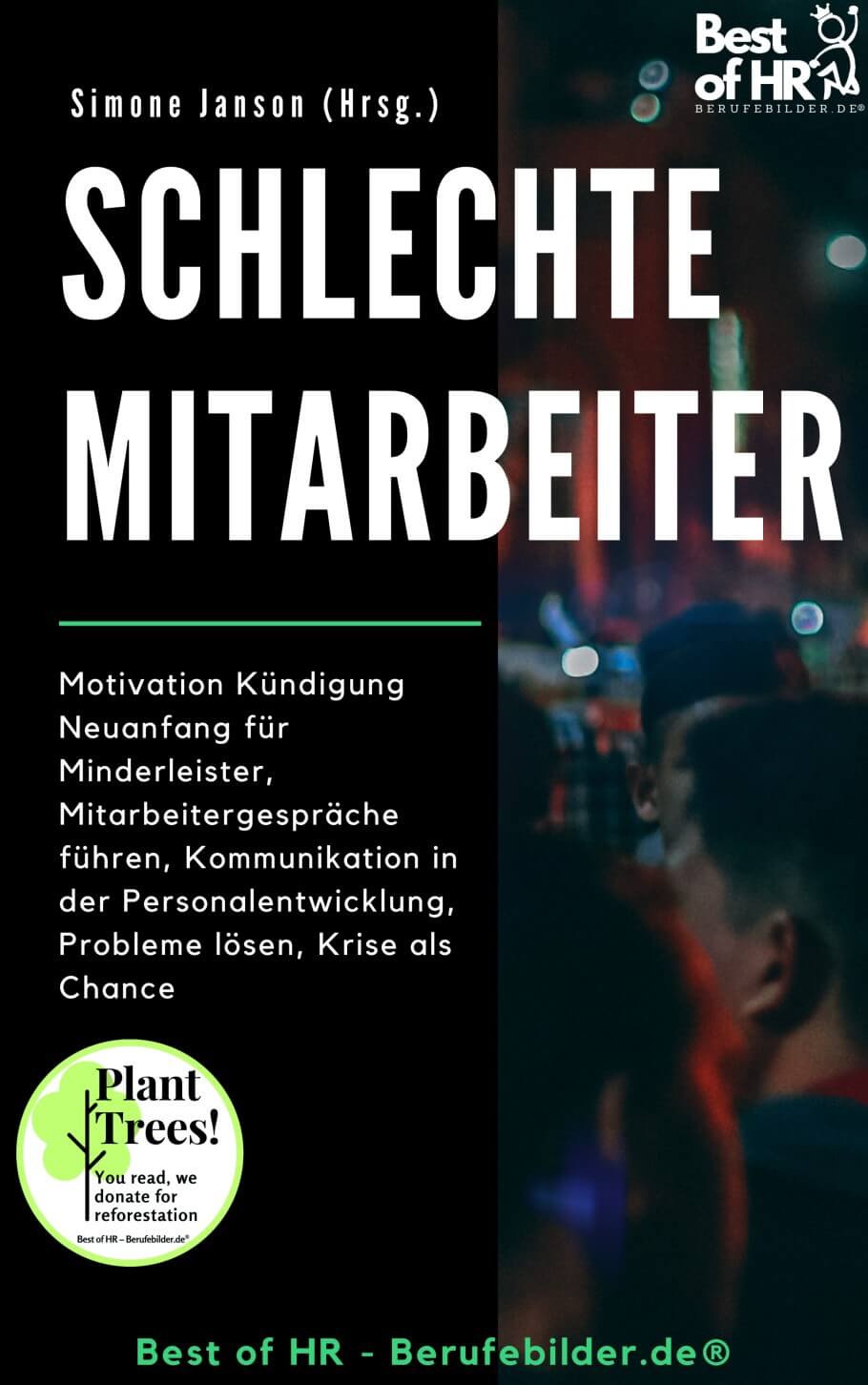For their successful, good life Information you really need: Government-funded publisher, awarded the Global Business Award as Publisher of the Year: Books, Shops, eCourses, data-driven AI-Services. Print and online publications as well as the latest technology go hand in hand - with over 20 years of experience, partners like this Federal Ministry of Education, customers like Samsung, DELL, Telekom or universities. behind it Simone Janson, German Top 10 blogger, referenced in ARD, FAZ, ZEIT, WELT, Wikipedia.
Disclosure & Copyright: Images created as part of a free collaboration with Shutterstock.
Divided Attention Disorder: Digitization & Smartphones make you sick & inattentive!
By Barbara Hague (More) • Last updated on October 26.12.2022, XNUMX • First published on 06.09.2017/XNUMX/XNUMX • So far 5240 readers, 1165 social media shares Likes & Reviews (5 / 5) • Read & write comments
The topic awareness is more relevant than ever in the midst of digital change: We have access to a seemingly endless amount of information at any time - but that is exactly what leads to ever greater problems.

- How multitasking makes us sick
- Do you recognize yourself here?
- What is DAD?
- When multitasking makes problems
- When priorities set difficult
- Does too much technology damage the brain?
- Slow Food, Slow Brain
- Top books on the subject
- Read text as PDF
- Advice on success, goal achievement or marketing
- Book eCourse on Demand
- Skate eBook as desired
How multitasking makes us sick
Thanks Internet, smartphones, netbooks and iPad we can find an almost unlimited amount of information at any time and with a few clicks. Paradoxically, this is exactly what leads many to lose their actual Tasks can no longer manage at all and become permanent procrastinators.
Thanks to multitasking, we can do it in parallel and apparently in the shortest possible time Emails, check stock prices, write a briefing and choose a movie for the weekend. But what about our cognitive abilities, which struggle to keep up with this rapid development? And what can we do about our Brain to "decelerate" again.
Do you recognize yourself here?
The books on the subject (advertising)
- While downloading a larger file is running, take advantage of the time and look quickly to where there are cheap flights for your summer holiday, and from whom the latest contact request comes with Xing.
- Traveling on the train at a business meeting makes your laptop limp, your smartphone does not get internet connection. Actually not so tragic; You do not expect urgent messages, and your office knows that you can not always be reached. You could read the book you bought at the station. They prefer to play a bit of Tetris. After each round, check to make sure you are finally back online.
- At least two browser windows are always open on your computer and there are at least eight tabs each.
Then you may be suffering from DAD.
What is DAD?
Behind this acronym hides a syndrome called Divided Attention Disorder, the latest addition to the Family of attention disorders, to which the BBC recently dedicated an article.
According to current knowledge, DAD is (probably) not deadly or contagious, but it should be in our Society widespread and responsible for a large number of hours wasted.
When multitasking makes problems
Discounts for your success (advertising)!
Because the principle of multitasking often grows into one Problem: Multitasking is about productivity; it should be our precious and scarce commodity, time, so useful as possible and give us more of it.
Activities with the same priority are carried out simultaneously, whereby one of the activities can be more demanding and attract the majority of our attention, while the second has to be done on the side: for example, we eat while working on the newest Emails at noon.
When priorities set difficult
It becomes critical when we become incapable feel, amidst the information pouring in on us every day priorities to work through tasks in a structured manner and to concentrate on one activity for a longer period of time. When our attention jumps from one topic to another every five seconds, we are not working efficiently.
Our mountain of tasks will not be like this fast smaller than we had imagined, and in the worst case we end up confused in front of a mass of loose threads and spend an unnecessary amount of time putting them together.
Does too much technology damage the brain?
No, this is not about the radiation that affects us through excessive cell phone use. However, our highly technology-dependent way of working harbors other dangers. According to the BBC, there is a theory about DAD that is quite disturbing:
In the long term, this way of working should lead to cognitive overload and influence our way of thinking. Too many quick and short impulses literally overflow the so-called working memory, the part of our memory that is responsible for temporary storage and not particularly pronounced.
Our attention span decreases, our brain forgets how to concentrate deeply and how to link new information with the facts and experiences stored in our long-term memory. In this way, our thoughts do not mature into what is stored in the depths Background, but only remain confused on the surface.
Slow Food, Slow Brain
But how can you escape the maelstrom of uninterrupted flood of information and constant availability? How to "reprogram" his brain? The keyword is by no means No Brainer, but only Slow Brainer (and that only in a positive sense. Think Slow versus Fast Food). In any case, you do not need a hat made of aluminum foil.
Accept that just because modern technology theoretically enables you to be ready at all times and you could do everything at once, it should practically not invite you to do so. Because if you know that you are always available, you will be with you at the wrong time Emails bomb.
Top books on the subject
Read text as PDF
Acquire this text as a PDF (only for own use without passing it on according to Terms and conditions): Please send us one after purchase eMail with the desired title supportberufebilder.de, we will then send the PDF to you immediately. You can also purchase text series.
4,99€Buy
Advice on success, goal achievement or marketing
You have Ask about career, Recruiting, personal development or increasing reach? Our AIAdviser helps you for 5 euros a month – free for book buyers. We offer special ones for other topics IT services
5,00€ / per month Book
Book eCourse on Demand
Up to 30 lessons with 4 learning tasks each + final lesson as a PDF download. Please send us one after purchase eMail with the desired title supportberufebilder.de. Alternatively, we would be happy to put your course together for you or offer you a personal, regular one eMail-Course - all further information!
29,99€Buy
Skate eBook as desired
If our store does not offer you your desired topic: We will be happy to put together a book according to your wishes and deliver it in a format of yours Choice. Please sign us after purchase supportberufebilder.de
79,99€Buy
Here writes for you
 Barbara Haag is a management trainer and business coach. She runs the “kopfarbeit” consulting institute she founded and, together with a network of 30 trainers, supports specialists and executives throughout Germany. She worked for several years in personnel development at global companies in the automotive and oil processing industries and has been a trainer, consultant and coach for many years and had teaching assignments at vocational academies and the leadership academy in Baden-Württemberg.Barbara Haag is the originator of scientifically based personal development programs that have been implemented in numerous companies. In addition to the online potential tool aHead she developed, her work on motivational theory was also included in the guidebook “Authentic Career Planning”. More information at www.kopfarbeit.org All texts by Barbara Haag.
Barbara Haag is a management trainer and business coach. She runs the “kopfarbeit” consulting institute she founded and, together with a network of 30 trainers, supports specialists and executives throughout Germany. She worked for several years in personnel development at global companies in the automotive and oil processing industries and has been a trainer, consultant and coach for many years and had teaching assignments at vocational academies and the leadership academy in Baden-Württemberg.Barbara Haag is the originator of scientifically based personal development programs that have been implemented in numerous companies. In addition to the online potential tool aHead she developed, her work on motivational theory was also included in the guidebook “Authentic Career Planning”. More information at www.kopfarbeit.org All texts by Barbara Haag.
13 Responses to "Divided Attention Disorder: Digitization & smartphones make you ill & inattentive!"
-
How digitization and smartphones make people sick and inattentive: Do you also have Divided Attention ... via @berufebilder - Recommended contribution 1T15TXZLHb
-
How digitization and smartphones make people sick and inattentive: Do you also have Divided Attention ... via @berufebilder - Recommended contribution SlxYOrD29b
-
DAD syndrome: do you suffer from digital attention disorder? | Job photos by Simone Janson via @sharethis
-
[...] at the same time, this excess of information makes us dependent. A sentence in the quoted article "Do you suffer from digital attention disorder?" by Barbara Haag caught my eye in particular: our attention span is reduced [...]
-
[...] Until a few days ago I didn't even know that it was such an "illness". Barbara Haag then taught me better. Now I am not a friend of such classifications - already about the [...]
-
Do you suffer from Digital Attention Deficit Disorder? #dad
-
Oioi! There is some truth in it.
-
@veryunkreativ probably has the reason that IT is developing too quickly, there is no evolution behind it ->
-
DAD - Morbid multitasking? Recognized? #socialmedia #work
-
DAD - Morbid multitasking? Recognized? #socialmedia #work
-
I recognize myself in example 1 and example 3 - where number 3 is work-related.
I don't have multitasking though - tabs are open in the background so that they can be processed later when we eat, we eat and nothing else, and when the download is finished, the in-between pastime is canceled.
The temptation to constantly check something on the I-Net is of course great - the only real solution, in my opinion, is self-discipline. However, it can be trained. A first step is to document your own behavior in order to find time wasters - those who want more tips on productivity can also find them on our blog Beyond-9to5.de
-
Divided Attention Disorder: Do you suffer from ...: Business start-up & innovation · For separate ...
-
Divided Attention Disorder: Do you suffer from digital attention disorder ?: ...












![Ghost jobs & fake job advertisements: How to recognize fake advertisements [8 tips] Ghost jobs & fake job advertisements: How to recognize fake advertisements [8 tips]](https://e68zy2pxt2x.exactdn.com/wp-content/uploads/2024/fake-jobs.jpg?strip=all&lossy=1&ssl=1)






Post a Comment